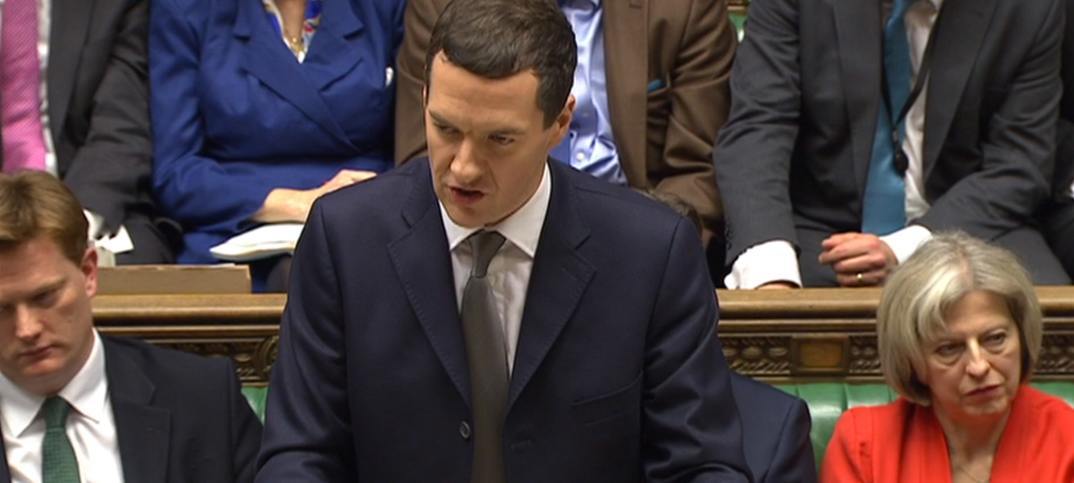The key points from George Osborne's Summer Budget including the living wage and Sunday trading.
Today, in the first Conservative budget for 19 years, the chancellor of the exchequer revealed his economic plans for the country.
He said he wants Britain to be the most prosperous country by the 2030s and businesses will be vital to that. But how will you be affected by the recent announcements?
Compulsory national living wage
"I am today announcing a new national living wage", Osborne said.
From April 2016, all businesses will be expected to pay staff aged over 25 at least £7.20 per hour, an increase from the current national minimum wage's £6.50. This will then rise to £9 by 2020, but small businesses will have a national insurance bill cut of 50% to £3,000 in order to compensate.
The ACS has described the decision as reckless. ACS chief executive James Lowman said: "The introduction of a compulsory ‘;iving wage’ will have a devastating impact on thousands of convenience stores. This will lead to retailers having to reduce staff hours, work more hours in their business and ultimately cancel their investment plans."
Sunday trading laws
A relaxation in the Sunday trading laws was mentioned briefly by the chancellor who confirmed that the rules will be changed in order to help economic growth.
ACS chief executive James Lowman said: "We are extremely disappointed that this Government has failed to keep its promise to thousands of independent retailers on Sunday Trading. The plans outlined today will serve only to displace trade from small stores into larger stores, and could make many small stores operating on the edge of profitability unviable."
Retailers voiced their concerns over the announcement:
The NFRN have described the changes as "utter chaos." NFRN chief executive Paul Baxter said: "All it will do is harm the trade of independent retailers as consumers will choose to visit those stores that do not charge for parking and are more accessible than the high street."
Tax
The bank levy rate will be gradually reduced over six years and an 8% surcharge on bank profits will be introduced from January 2016.
No change in fuel duty and it will be frozen this year.
The lack of change in fuel duty has been praised by the FSB who say it will help retailers in isolated areas.
The national chairman of the FSB John Allan said: “Small firms, especially those in rural areas are disproportionately hit by the cost of fuels. Continuing to freeze fuel duty will be welcomed by small firm still struggling with the cost of fuel at the pump.”
What was absent?
Business rates or its reform did not receive a mention in today's speech, neither was tobacco or alcohol tax.



Comments
This article doesn't have any comments yet, be the first!